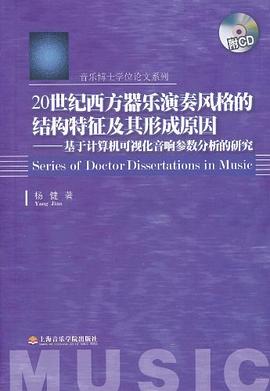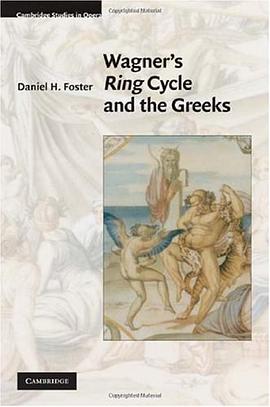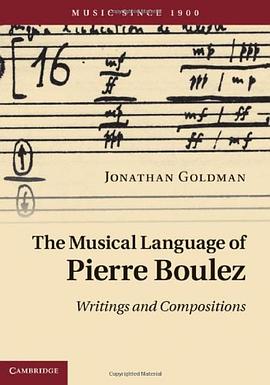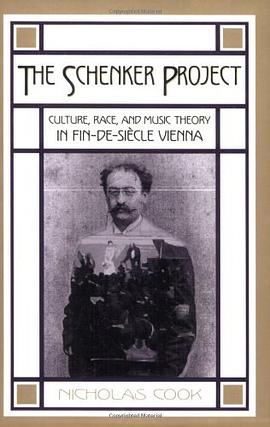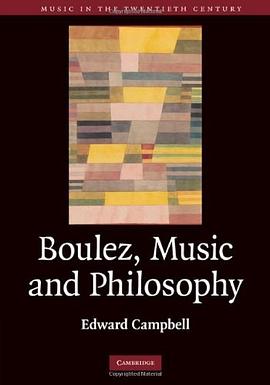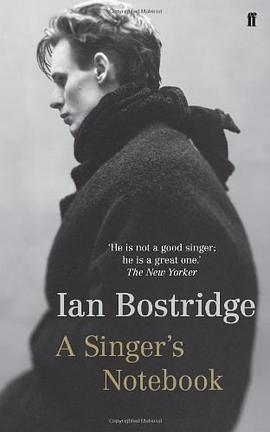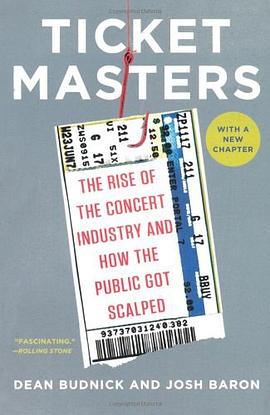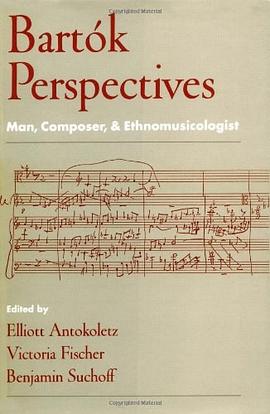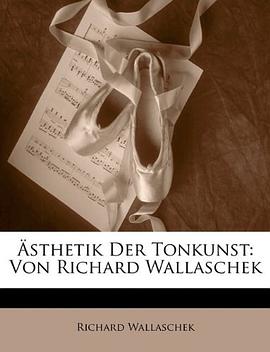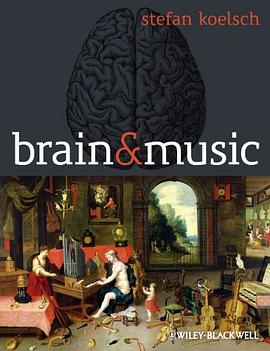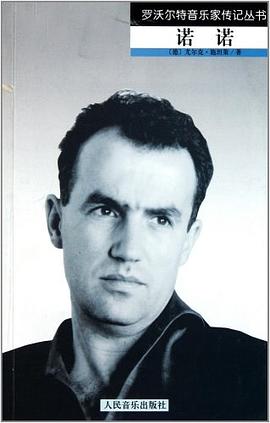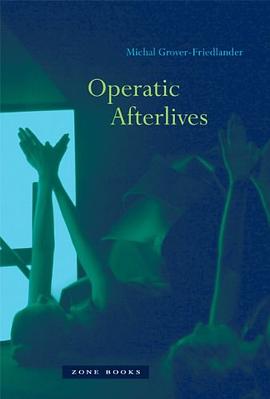

具體描述
In Operatic Afterlives, Michal Grover-Friedlander examines the implications of opera's founding myth--the story of Orpheus and Eurydice: Orpheus's attempt to revive the dead Eurydice with the power of singing. Grover-Friedlander examines instances in which opera portrays an existence beyond death, a revival of the dead, or a simultaneous presence of life and death. These portrayals--in operas by Puccini and other composers and performances by Maria Callas--are made possible, she argues, by the unique treatment of voice in the operas in question: the occurrence of a breach in which singing itself takes on an afterlife in the face of the singer's death. This may arise from the multiplication of singing voices inhabiting the same body, from disembodied singing, from the merging of singing voices, from the disconnection of voice and character. The instances developed in the book take on added significance as they describe a reconfiguration of operatic singing itself. Singing reigns over text, musical language, and dramatic characterization. The notion of the afterlife of singing reveals the singularity of the voice in opera, and how much it differs categorically from any other elaboration of the voice. Grover-Friedlander's examples reflect on the meanings of the operatic voice as well as on our sense of its resonating, unending, and haunting presence.Traditionally, opera kills its protagonists, but Grover-Friedlander argues that opera at times also represents the ways that the voice, singing, or song acquire their own forms of aliveness and indestructibility. Operatic Afterlives shows the ultimate power that opera grants to singing: the reversal of death.
著者簡介
圖書目錄
讀後感
評分
評分
評分
評分
用戶評價
相關圖書
本站所有內容均為互聯網搜索引擎提供的公開搜索信息,本站不存儲任何數據與內容,任何內容與數據均與本站無關,如有需要請聯繫相關搜索引擎包括但不限於百度,google,bing,sogou 等
© 2025 book.quotespace.org All Rights Reserved. 小美書屋 版权所有

